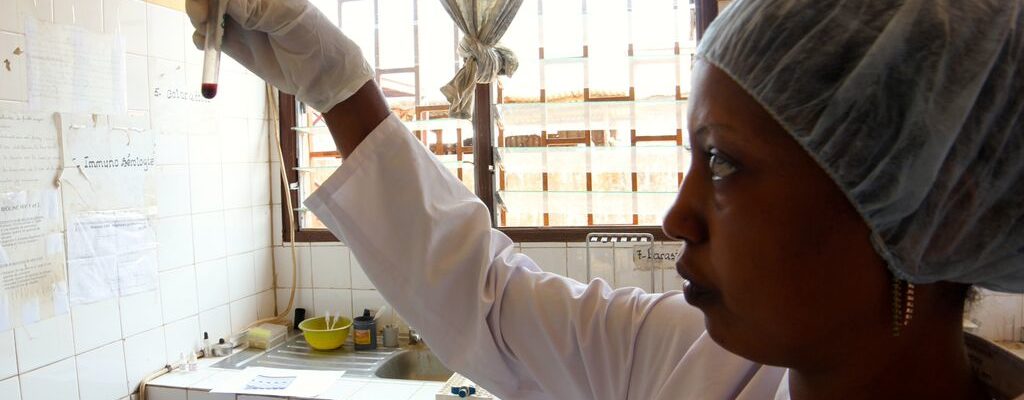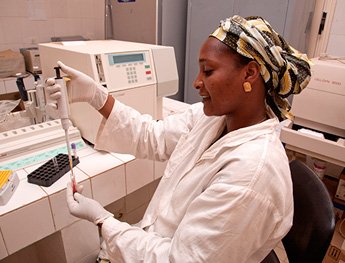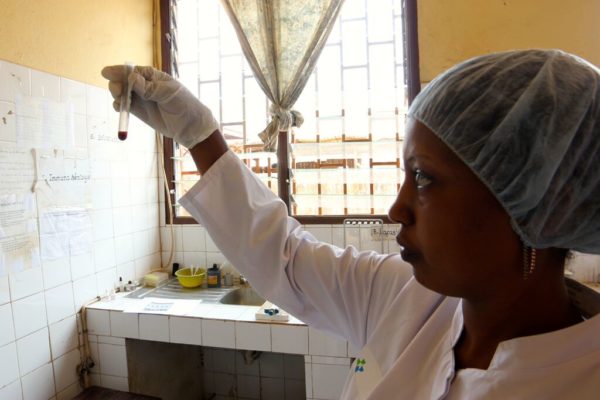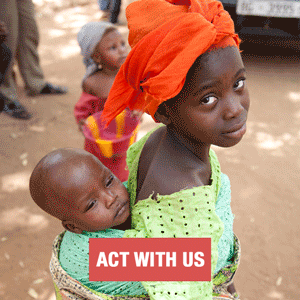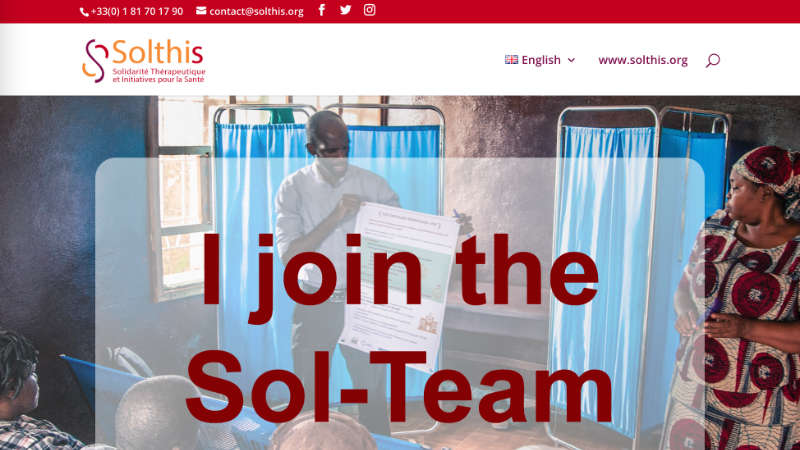The 10th leading cause of death worldwide
Hepatitis B virus (HBV) is the tenth leading cause of death and the third leading cause of cancer worldwide. It is estimated that more than 500 million people are infected worldwide. West and Central Africa is one of the most affected regions with nearly 10% of the population infected. The majority of people who develop complications from hepatitis B are infected in their first months of life.
In children under 5 years of age, in addition to mother-to-child transmission, horizontal transmission from infected individuals is important. The earlier the infection occurs, the greater the risk of chronic infection, leading to cirrhosis and cancer: 80-90% of infants infected during the first year of life and 30-50% of children infected before the age of 6 years will develop chronic infection (compared to less than 5% of healthy adults infected in adulthood).
Vaccine remains the key to fighting this infectious disease and the WHO recommends that all infants be vaccinated as soon as possible after birth, preferably within the first 24 hours. However, this recommendation is not yet widely implemented.
For example, in 2015, global coverage of the vaccine dose at birth was only 35%, with high coverage achieved only in the WHO regions of the Americas and the Western Pacific.
Our action: Strengthen advocacy, testing and vaccination against the virus at birth
In response to these needs, Solthis continues its advocacy work and also seeks to develop projects
- while antiviral drugs are currently available to treat infected people, access to diagnosis and treatment of hepatitis B remains limited in many low-resource countries. For example, in 2015, only 9% of people infected with the hepatitis B virus were aware of their HIV status, and among diagnosed patients, global treatment coverage was only 8% (1.7 million).
- and promote vaccination from birth (triple elimination)

